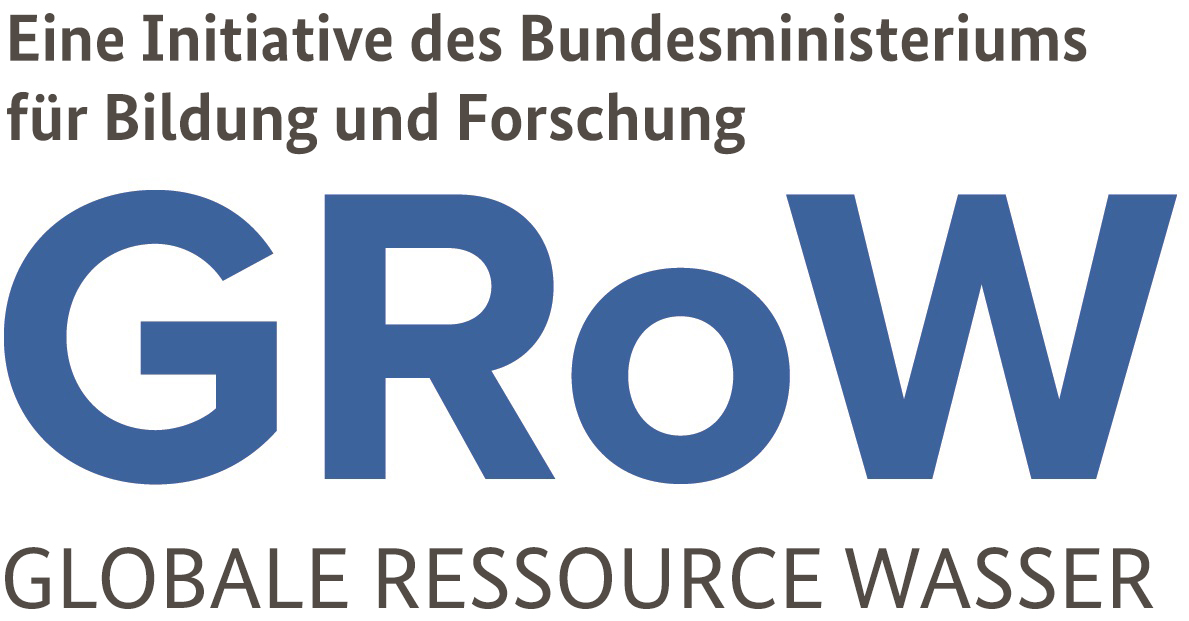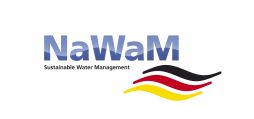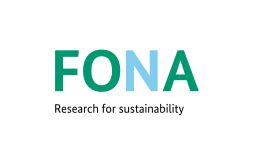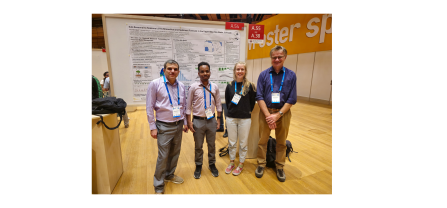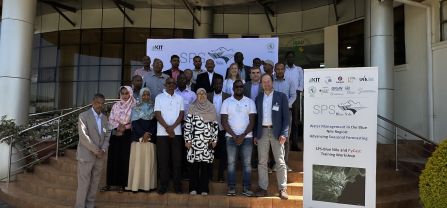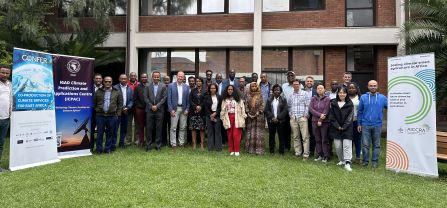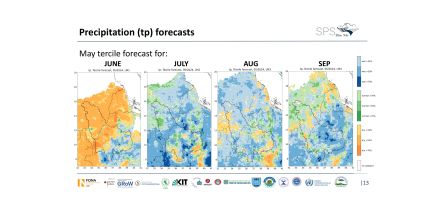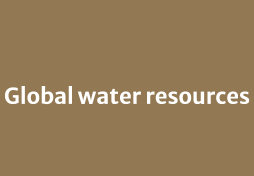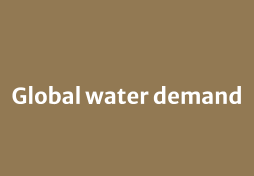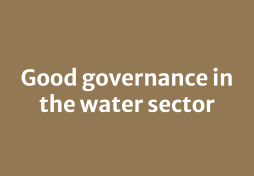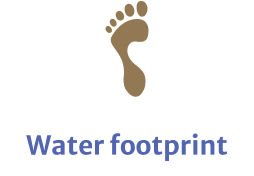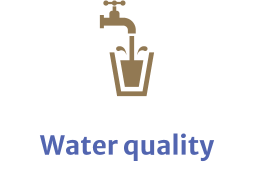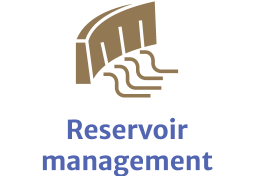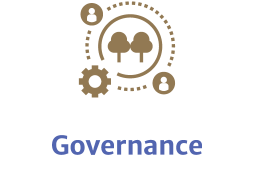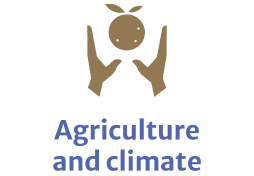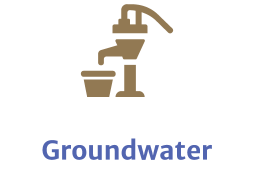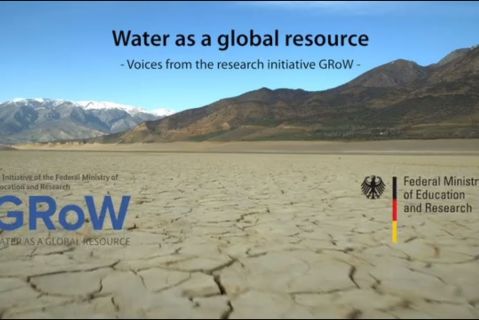Paragraphs
Image (half)

Copyright
© Suriya99 - shutterstock.com
Headline (optional)
Water as a global resource - GRoW
Text (optional)
As a contribution to the Sustainable Development Goals of the United Nations (in particular SDG 6 - Water and Sanitation), the German Federal Ministry of Education and Research (BMBF) initiated the funding measure "Global Resource Water" (GRoW). In the main phase, 12 research consortia and one networking and transfer project with a total of more than 300 people from science, industry and practice conducted research and collaborated in case study areas around the world. The guiding principle of the funding measure is to link global analyses with local approaches to solutions. An integrated perspective was chosen to look at the complex reality of sustainable water management with its cross-connections to the thematic complexes of energy, food security, ecosystems and climate change.
Water as a global resource
Voices from the research initiative GRoW

Copyright
© PublicCo - pixabay.com
GRoW in numbers
Duration: I/2017 – IV/2021
12
Joint research projects
90
Funded partners
22
Small and medium sized enterprises (SMEs)
33
Universities
15
Research Insitutes
9
Large enterprises
11
others (societies, authorities, associations)
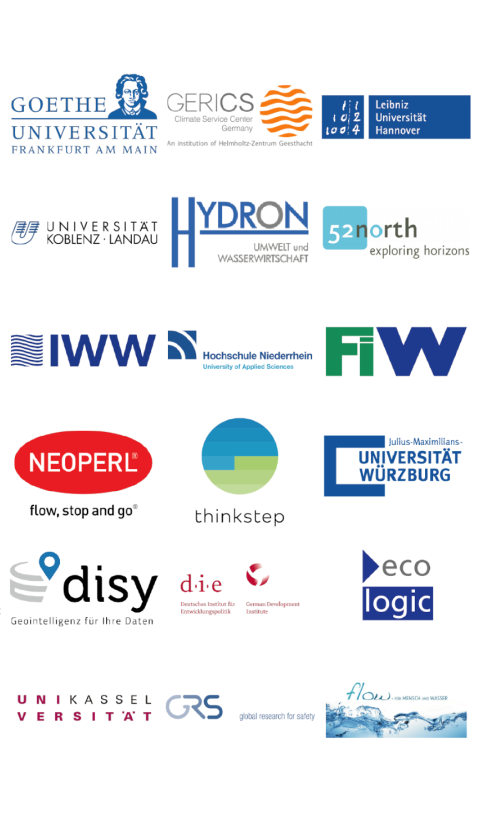
Copyright
© GRoWnet
